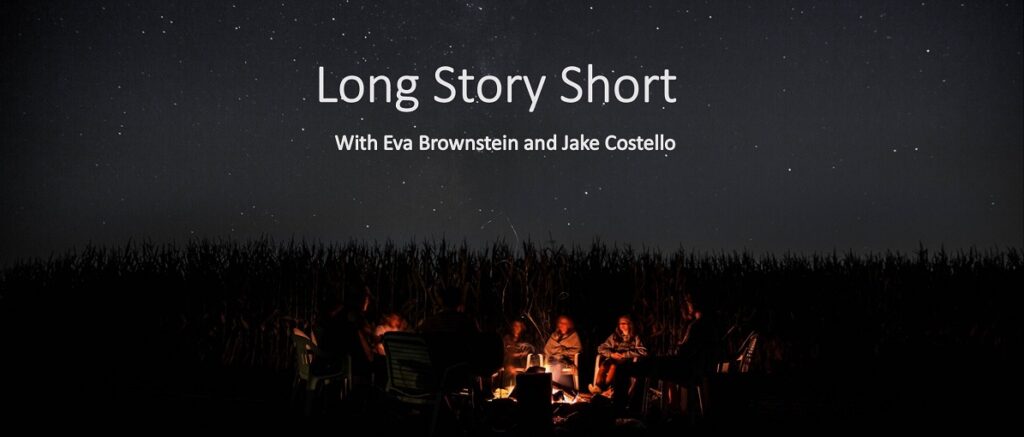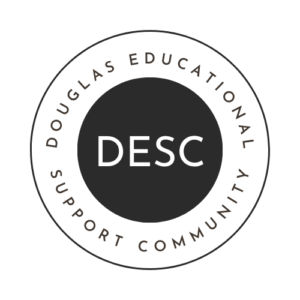
On September 23, Eva Brownstein, documentary filmmaker, and Jake Costello, Studio Director for CBC’s The Early Edition, led a workshop at Douglas College on incorporating documentary and news story-making elements techniques into courses. Eva and Jake help others tell their stories, nurture stories, and reveal meaning buried in information through film and radio media. The workshop was mediated by Steven Bishop, Douglas College Learning Designer.
We started with a brief discussion of two premises:
- We have been using Story since before the beginning of civilization (15,000 years or more if we consider the earliest known cave paintings as comprised of story elements).
- Learning relies on the ability to imagine a past, and a future. Storytelling and story receiving are coeval with the conception of time.
“Between the continuous barrage of information and madness, stands only story. Eva and Jake are skilled story makers; they each play an important part in informing others about the meaning of events in our world. As Douglas College instructors and people transmitting knowledge to others, we hope to learn from their experience how to shape information and fact into story. It might not seem apparent that producing news and crafting documentaries involve similar skill sets to lesson planning and curriculum delivery. This quote from Yuval Harare speaks to me about how we are all involved in creating and receiving story. After listening to news (let’s say CBC’s Early Edition), I feel informed. After watching a documentary, I feel moved. In both cases, I care about what I have just experienced. The root of the word “education” means to care, to nurture. That is what Eva, and Jake, bring to us today: story as education.” from introduction by Steven Bishop
“…the last thing a teachers needs to provide today… is more information for they already have far too much of it. Instead, people need the ability to make sense of information, to tell the difference between what is important and what is an important and above all to combine many bits of information into a broad picture of the world.” Yuval Noah Harare in 21 Lessons for the 21st Century
Listen to a recording of the first half of the workshop
Read the transcript for the first half of the workshop
…to be continued
We would like to acknowledge that we live, learn, work, and play on the unceded traditional territories of the Coast Salish Peoples of the QayQayt and Kwikwetlem First Nations.
